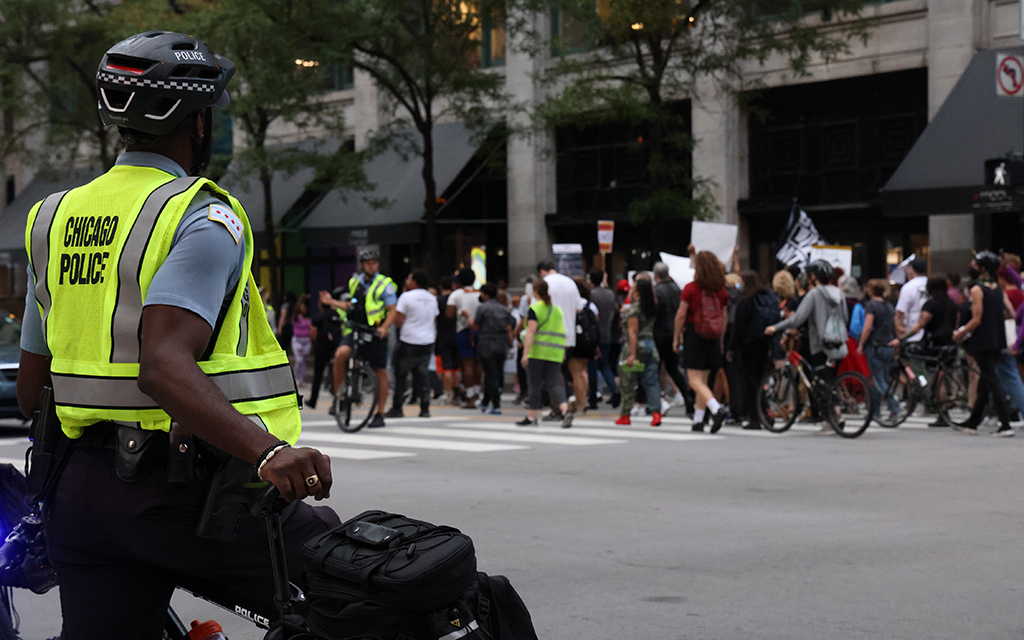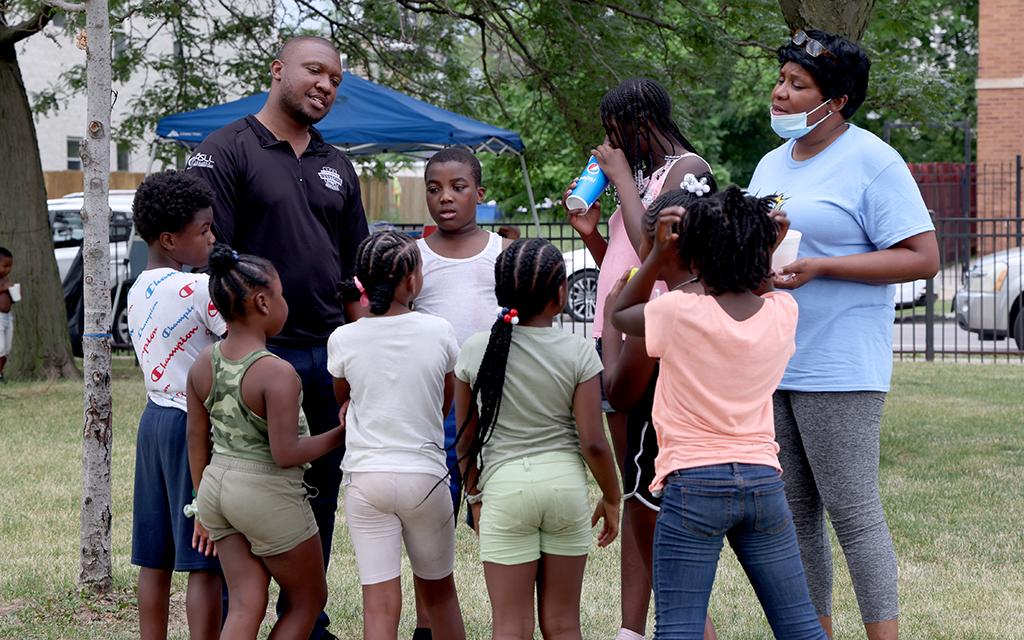
Black police officers face more discipline for misconduct, researchers find
Sept. 26, 2022
A 2021 university study of police misconduct allegations in previous decades shows that Black officers in Chicago, Los Angeles and Philadelphia were more likely to face department discipline than white officers.
Study author Shery L. Walter, a researcher at Indiana University, said the study in the online journal ScienceDirect points to a potential pattern of discrimination in police departments.
“This problem (of internal police bias) is pervasive,” Walter said in an interview. “There is a lot more that needs to be done on the education side.”
Walter and her research team at Indiana used data on misconduct allegations they collected from police departments in Chicago, Los Angeles and Philadelphia.
It revealed Black officers in those cities faced a consistent pattern of departmental disciplinary action. According to the findings, Black officers in Philadelphia were 48% more likely to be disciplined than white officers, Black officers in Chicago were 108% more likely to be disciplined. Percentage data on Black officers in LA was not available.
The initial research, based in part on data from the Citizens Police Data Project, deals with data from years ago – in Chicago from 2001 to 2008 and 2011 to 2015. The discipline disparity study also examines cases in Philadelphia from 1991 to 1998; and in Los Angeles from 2003 to 2004.
Walter noted the study could not prove bias, but it’s a reasonable explanation.
“It is very early in the stages, but it’s kind of identifying a potential problem,” she said of the research.
Charles Wilson, who was the first Black police chief in Woodmere, Ohio, from 1988 to 1991, said a fear of getting fired may be a reason why some Black officers will not speak out against discipline bias.
He said Black officers also fear losing backup and support from their colleagues.
“There is a fear of losing an identity or a job that they really love,” Wilson said. “I think that stops individuals from saying it.”
The problem, he said, continues in police departments across the country.
“The disciplinary process is still slanted,” said Wilson, who formerly chaired the National Association of Black Law Enforcement Officers. “We constantly hear from officers who have been suspended or terminated for issues that their counterparts never would have been disciplined for.”
The issue is made worse, he said, by the low number of Black police officers nationwide – about 12%, according to Data USA.
“There has always been a hiring bias for Black officers,” said Wilson, noting that he was the only Black officer on a campus police force in Rhode Island for more than two decades. He retired in 2016.
“The institution of policing as it is currently practiced in the United States of America is inherently biased against people of color in low income.”
As of April, Walter and her researchers had not shared the results of the study with the police departments in the three cities. Spokespersons for the departments did not respond to requests for comment.
“It’s the only job I’ve ever had and ever know where what you do directly impacts people’s lives,” Wilson said. “Policing itself is a very worthwhile and honorable profession when they allow it to be such.”
Ben Porter is a Buffett Foundation Fellow, and Gabriela Tumani is an Inasmuch Foundation Fellow.
Come back on Oct. 3, when we start publishing the main News21 “In Pursuit” project.
Our content is free to use. If you want to republish this story, find our terms of use here and download the text story and assets.


